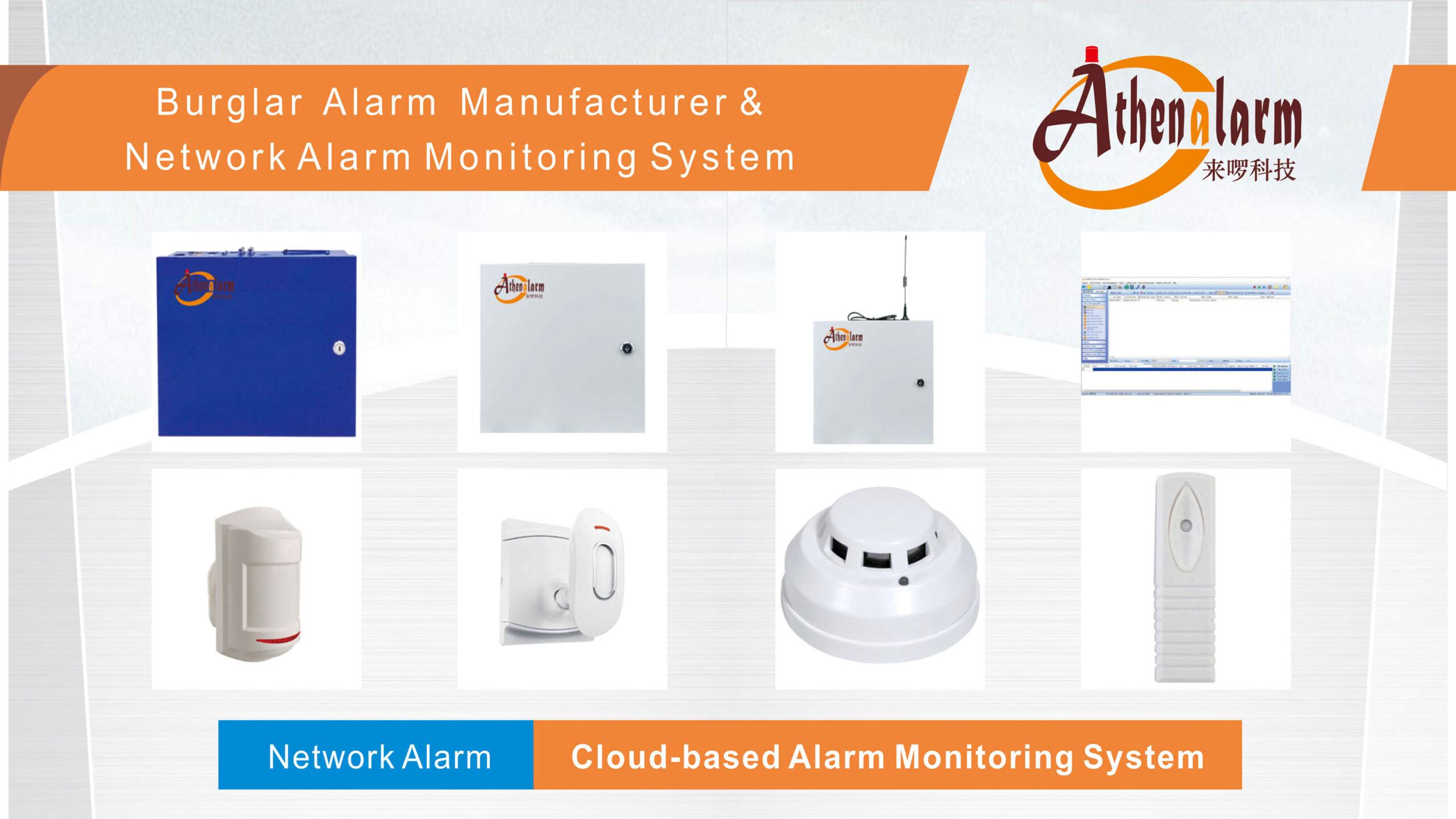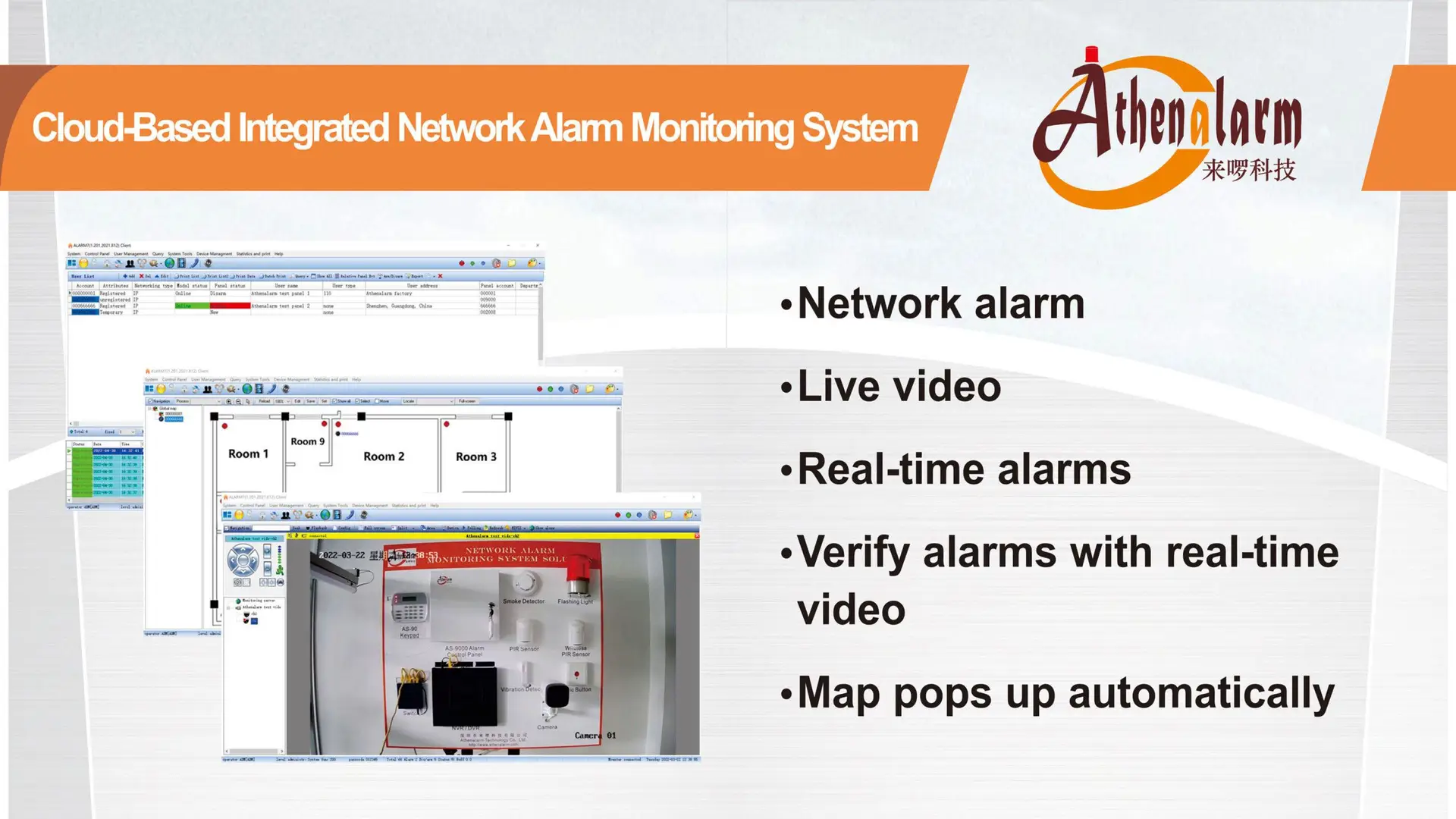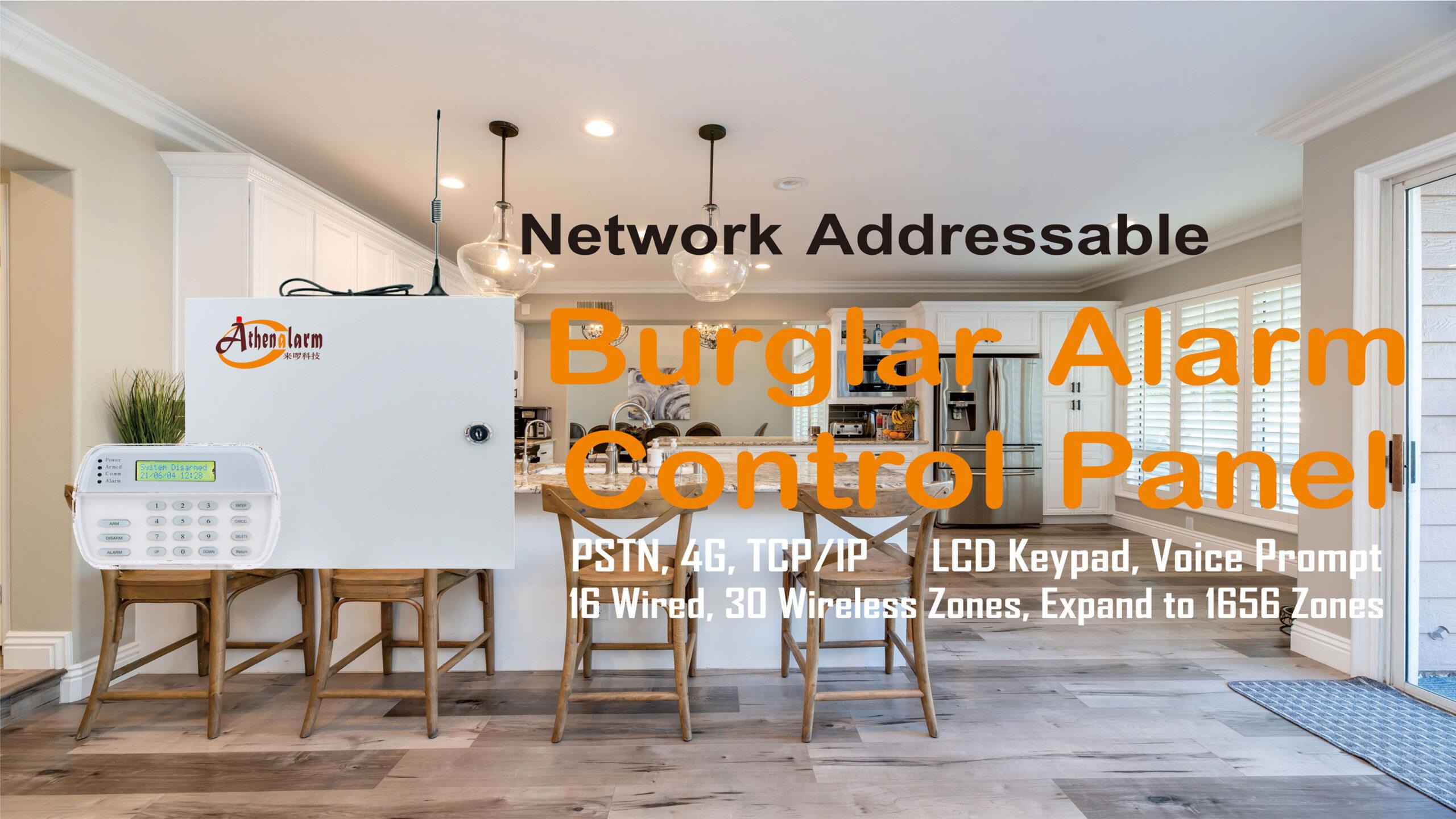



Choosing the Best Wireless Burglar Alarm System Manufacturer: A Complete Guide
As businesses increasingly prioritize security, the demand for advanced, flexible, and reliable alarm systems has surged. Wireless burglar alarm systems have become the preferred solution for commercial and industrial applications due to their ease of installation, scalability, and remote management capabilities. This preference is driven not only by convenience but also by the growing need to address more sophisticated threats in today’s security landscape.
For security integrators, distributors, and business buyers, selecting the right wireless burglar alarm system manufacturer is essential for ensuring high-quality security solutions that meet industry standards and specific customer needs. In this article, we will explore the technology behind wireless burglar alarm systems, key criteria for choosing manufacturers, and best practices for implementing these systems in commercial environments. Whether you’re an integrator seeking dependable solutions for your clients or a business looking to enhance your security infrastructure, understanding these factors will help you make informed decisions.
1. Understanding Wireless Burglar Alarm Systems
(1) What is a Wireless Burglar Alarm System?
A wireless burglar alarm system is a security solution that uses radio frequency (RF) or Wi-Fi technology to communicate between alarm sensors, control panels, and monitoring systems. Unlike traditional wired systems that require extensive cabling, wireless alarms offer quick deployment, flexible installation, and enhanced connectivity. The system’s wireless nature provides significant advantages in areas where running cables is difficult or costly.
(2) Key Components of a Wireless Burglar Alarm System
A high-quality wireless burglar alarm system typically includes:
- Wireless Alarm Control Panel – The central unit that receives signals from sensors and communicates alerts to monitoring stations or users. It also serves as the hub for system configuration and troubleshooting.
- Intrusion Detection Sensors – Motion detectors, door/window contacts, and vibration sensors that trigger alarms when unauthorized access is detected.
- Wireless Signal Transmitters & Receivers – Ensure reliable communication between sensors and the control panel, minimizing interference and optimizing coverage.
- Fire & Environmental Sensors – Smoke, gas, and temperature sensors for added safety, offering comprehensive security beyond burglary protection.
- Cloud-Based Monitoring & Mobile App – Enables real-time remote monitoring, alert management, and system configuration via mobile apps or web portals, empowering users with instant control.
- Backup Battery & Tamper Protection – Ensures continuous operation during power outages and provides protection against tampering attempts, ensuring the system functions during emergencies.
- AI-Powered False Alarm Reduction – Some systems integrate machine learning algorithms to distinguish between genuine threats and non-threatening movements, reducing the likelihood of false alarms.
(3) Advantages of Wireless Burglar Alarm Systems
Wireless burglar alarm systems offer several benefits:
- Quick & Non-Invasive Installation – No complex wiring, reducing labor and material costs. This makes them ideal for both new constructions and retrofits.
- Scalability & Flexibility – Easily expandable to accommodate additional sensors and devices. As business security needs grow, wireless systems can evolve without major infrastructure changes.
- Remote Management & Control – Access, configure, and monitor the system via mobile apps or web portals, offering peace of mind when away from the premises.
- Interference Protection & Secure Transmission – Advanced encryption ensures secure communication between devices, protecting against hacking attempts.
- Minimal Maintenance – Wireless technology reduces wear and tear associated with wired connections and allows for easier system upgrades.
2. How to Choose the Right Wireless Burglar Alarm System Manufacturer
Choosing a wireless burglar alarm system manufacturer involves evaluating several key factors to ensure you receive high-quality, reliable, and scalable security solutions. Here’s how to assess potential manufacturers:
(1) Industry Experience & Technical Expertise
A reputable manufacturer should demonstrate:
- Extensive experience in wireless security technology and product innovation. Look for companies with years of experience and a track record in large-scale deployments.
- Expertise in manufacturing, integration, and handling complex security needs across various sectors.
- Research and development capabilities to create next-generation wireless security solutions, incorporating emerging technologies like AI, IoT, and cybersecurity.
(2) Compliance with Industry Standards & Certifications
Ensure the manufacturer adheres to relevant international security standards, including:
- EN 50131 – European standard for intrusion and hold-up alarm systems.
- FCC Compliance – Certification by the Federal Communications Commission for wireless devices in the U.S.
- CE Marking – Compliance with European safety and electromagnetic standards, ensuring equipment meets EU regulations.
- ISO 9001 – Certification for quality management systems, ensuring consistent product quality.
- UL 1023 & UL 985 – Standards for burglar and fire alarm equipment in the U.S., guaranteeing product safety and reliability.
(3) Product Range & Customization Capabilities
A high-quality manufacturer should offer:
- Modular, customizable alarm systems to fit a variety of commercial applications, from small businesses to large enterprises.
- Integration with third-party security systems, such as CCTV, access control, and smart automation, allowing seamless operations within interconnected security infrastructures.
- Support for multiple communication protocols (Wi-Fi, Z-Wave, Zigbee, RF, LTE, etc.), ensuring compatibility with other systems and future-proofing investments.
(4) Wireless Communication & Signal Stability
- Long-range RF transmission with minimal signal interference ensures reliable communication, even in large buildings or areas with obstacles.
- Multi-network connectivity enhances redundancy and reliability, particularly in critical environments requiring constant monitoring.
- Encrypted communication ensures secure data transmission, minimizing vulnerabilities in the system.
(5) Technical Support & After-Sales Service
- 24/7 technical assistance for troubleshooting, system updates, and firmware upgrades to maintain peak performance.
- Training programs for security integrators and installation teams to ensure optimal setup and operation.
- On-site support and remote diagnostics to address technical issues promptly, minimizing downtime.
(6) Cost, Warranty & Bulk Procurement Options
- Competitive pricing with flexible bulk procurement discounts.
- Warranty periods of 1–3 years for hardware reliability, with options for extended support contracts.
- Transparent pricing for software subscriptions, cloud services, and ongoing maintenance to avoid hidden costs.
3. Best Practices for Implementing a Wireless Burglar Alarm System
To maximize the effectiveness of a wireless burglar alarm system, businesses should follow these best practices:
(1) Conduct a Thorough Site Assessment
Before installation, it’s crucial to:
- Identify high-risk areas, such as entry points, storage rooms, and emergency exits.
- Analyze RF signal coverage to ensure optimal sensor placement, accounting for potential obstacles like walls or metal surfaces.
- Assess potential sources of interference (e.g., other wireless devices, heavy machinery) and plan accordingly.
(2) Choose the Right Alarm System Configuration
Select components based on specific business security needs:
- Choose appropriate sensors based on the size and layout of your property. Consider environmental risks (e.g., fire, gas leaks) in addition to burglary risks.
- Configure multi-zone alarm settings to allow for tailored monitoring. For example, set up separate zones for the perimeter, main building, and server rooms.
- Implement two-way communication modules to enable real-time status updates and remote control, improving system efficiency.
(3) Ensure Proper Installation & Testing
- Engage certified security professionals for the installation to ensure system integrity.
- Perform RF signal strength testing to verify wireless communication between all devices, checking for weak signals or dead zones.
- Conduct alarm activation drills to confirm system responsiveness and ensure staff is familiar with emergency procedures.
(4) Maintain & Upgrade the System Regularly
- Schedule routine inspections to identify vulnerabilities or system failures.
- Keep firmware and software updated to guard against new cybersecurity threats, ensuring the system operates with the latest security patches.
- Train end-users on alarm management, emergency protocols, and system troubleshooting to ensure operational efficiency.
4. Conclusion: Partnering with the Right Wireless Burglar Alarm System Manufacturer
Selecting the right wireless burglar alarm system manufacturer is vital for ensuring a secure, scalable, and technologically advanced security solution. By prioritizing manufacturers with proven expertise, industry certifications, customizable offerings, and comprehensive technical support, businesses can ensure their security systems are both reliable and future-proof.
🔹 Looking for a trusted wireless burglar alarm system manufacturer? Contact us today to explore high-quality security solutions tailored to your business needs!
